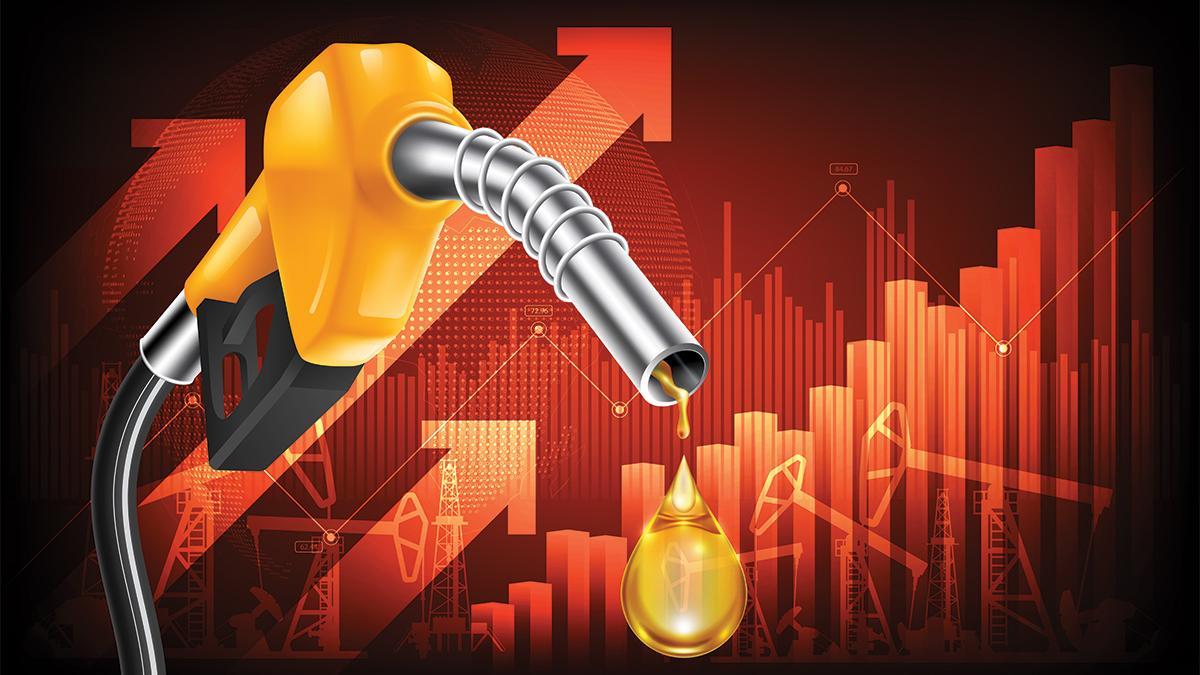Africa-Press – South-Africa. Petrol prices in South Africa will be higher for longer as tensions in the Middle East and lacklustre oil production threaten to keep prices for fuel high, presenting significant risks to local inflation.
This is feedback from Ashburton Investments, which outlined its outlook for the local economy at the beginning of March.
Ashburton expects South Africa’s economy to slowly start recovering from a decade of weak growth and currently binding structural constraints.
Despite this, there are still significant risks from the outcomes of the national election at the end of May and the subsequent major policy decisions.
Another major risk to the South African economy is the likelihood of prolonged elevated inflation.
Ashburton expects this to be driven by higher oil prices as a result of tensions in the Middle East and major oil producers cutting production to keep prices high.
“Tensions in the Middle East pose a significant upside risk to oil prices and logistics costs, and this could keep goods inflation sticky when local services inflation is recovering from pre-pandemic lows,” the asset manager said.
Higher oil prices will result in higher fuel prices in South Africa, as a large portion of the pump price is made up of the basic fuel price, which is determined by the oil price.
The relief given by the Finance Minister during the Budget Speech, where fuel levies were not increased, will be shortlived as the price of oil remains high.
FNB also expects oil production to remain flat throughout 2024 as producers remain committed to keeping the commodity’s price high.
As the northern hemisphere comes out of winter, demand for oil from Europe and the US is expected to pick up, keeping prices high throughout the middle of the year.
This is while the rand continues to experience near-term pressure from hawkish rhetoric by advanced market central banks such as the Federal Reserve.
All of this, combined, results in higher fuel prices, FNB said.
Increases in the price of fuel will have significant knock-on effects throughout the economy as it is a universal input. In effect, it will raise the entire cost base of the economy.
“Should this affect the disinflation trend in the medium term, it would be troubling for the Reserve Bank – compounding the prevailing cost of funding risks,” Ashburton said.
However, the asset manager still expects a modest lowering of nominal interest rates and a gradual recovery in household spending growth.
Mid-month data from the Central Energy Fund shows that petrol prices are currently showing a small under-recovery of around 10 cents per litre for April.
This is down significantly from the over R1.00 per litre under-recovery present at the start of the month, showing a massive swing in a positive direction.
Diesel drivers have seen the swing follow through, with the data now showing an over-recovery of around 35 cents per litre.
These are the expected changes –
Petrol 93: increase of 9 cents per litre
Petrol 95: increase of 10 cents per litre
Diesel 0.05% (wholesale): decrease of 32 cents per litre
Diesel 0.005% (wholesale): decrease of 36 cents per litre
These increases will follow consecutive fuel price hikes in February and March, putting more pressure on already strained South African consumers.
This will continue to drive inflation and thus ensure that interest rates are higher for longer.
source:dailyinvestor
For More News And Analysis About South-Africa Follow Africa-Press






